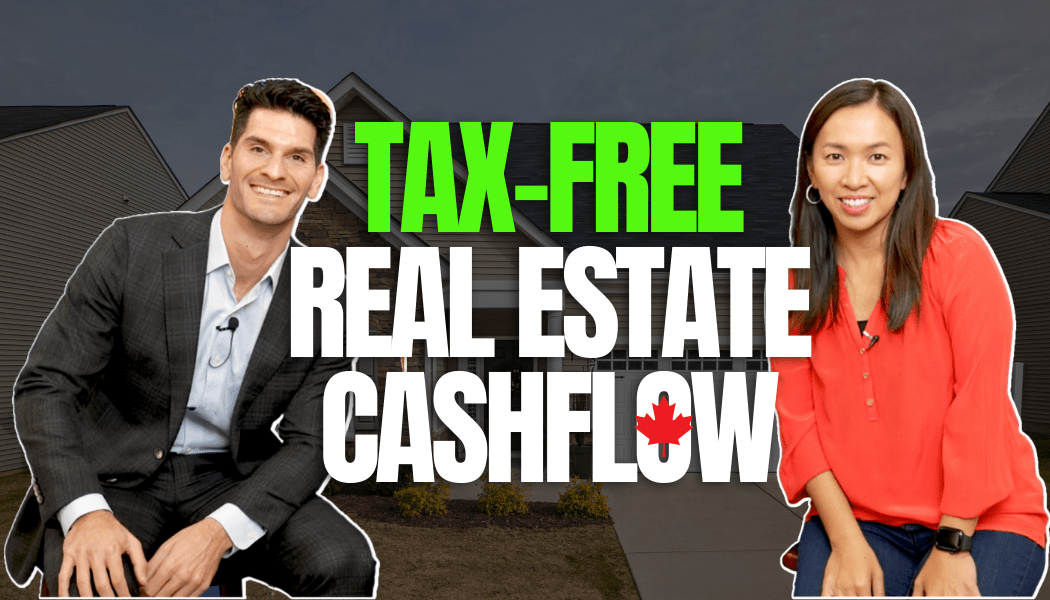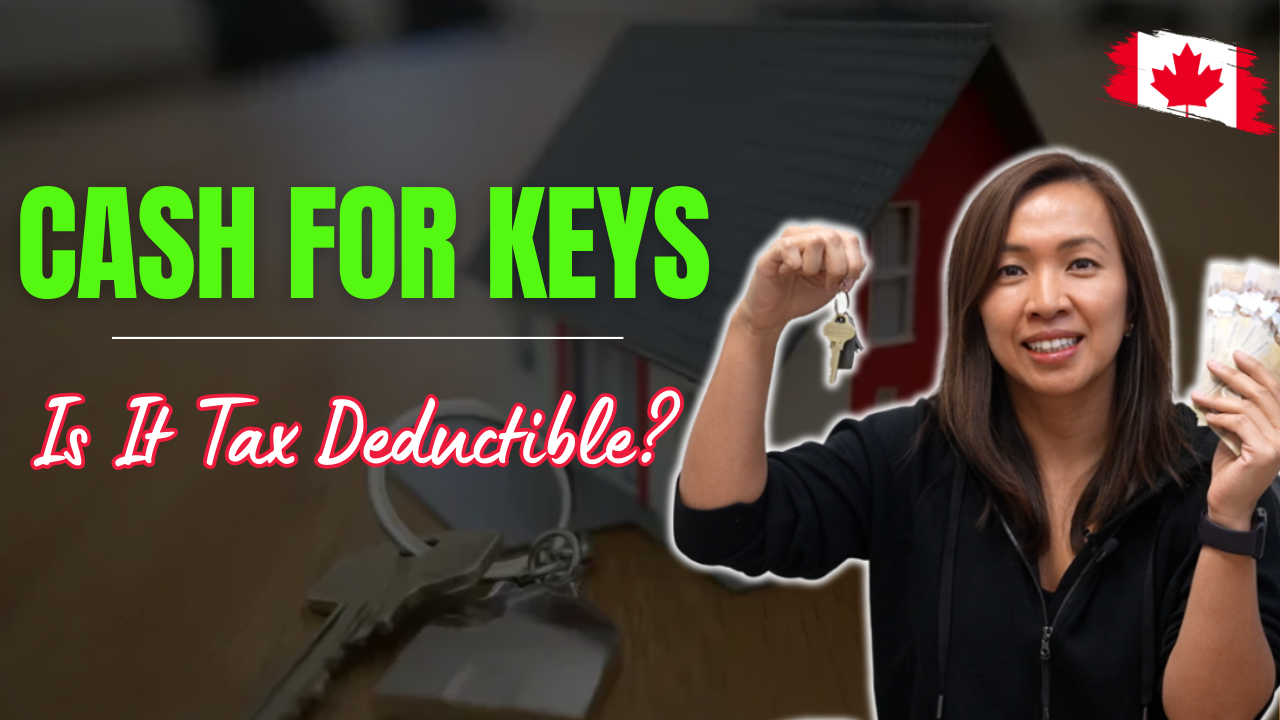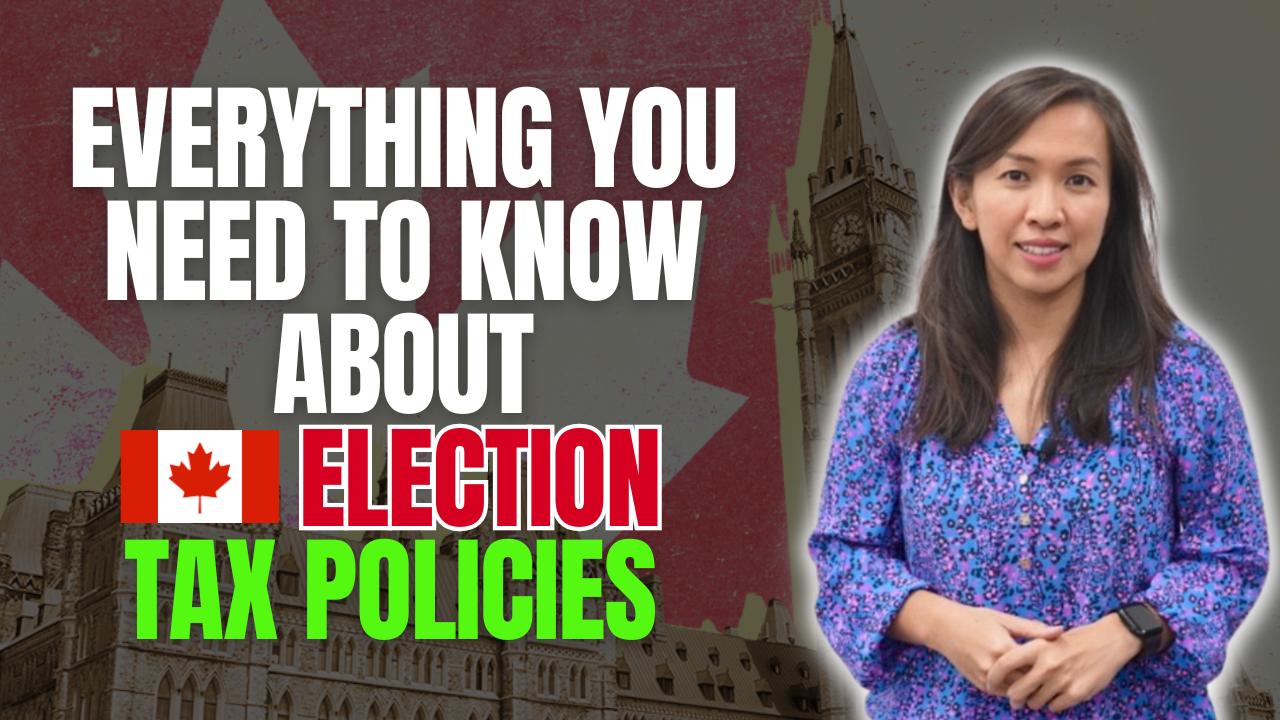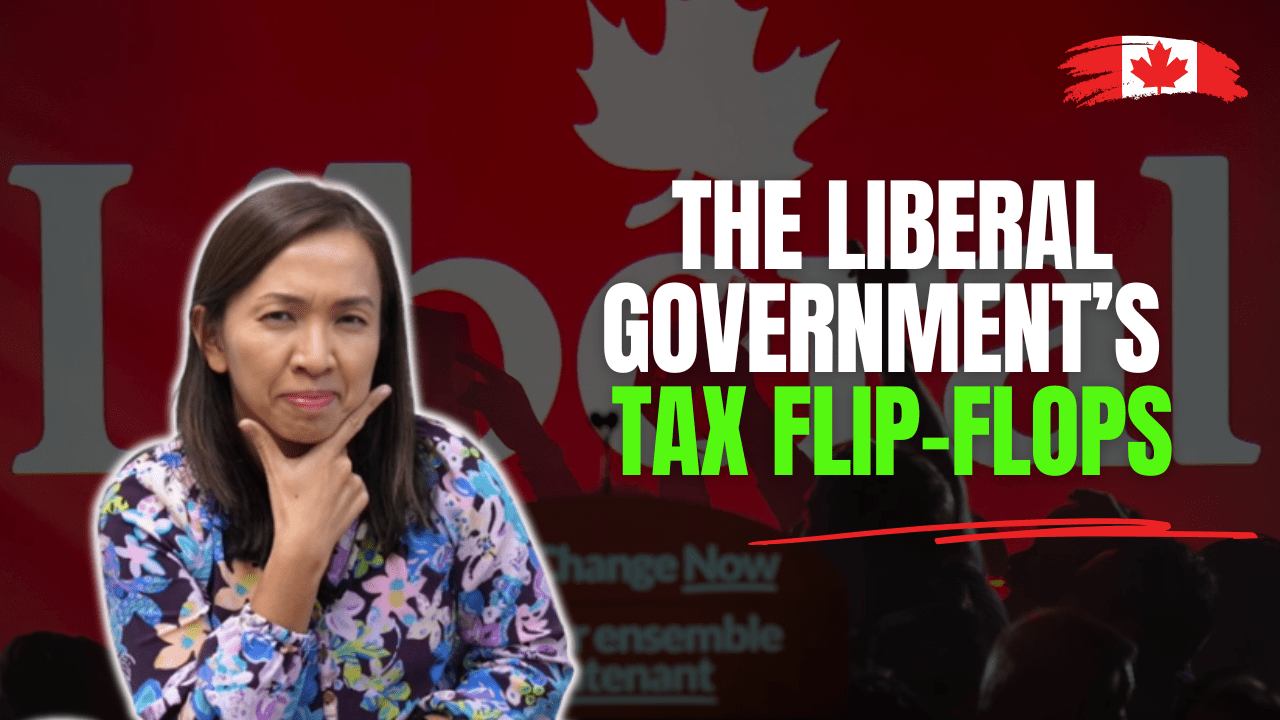One of the biggest complaints that I’ve got from working with hundreds of investors is that real estate investing doesn’t give you much cash flow.
Using my mom’s Toronto house as an example, she’s owned it out right for many years.
She’s semi-retired and she mostly lives in Hong Kong. Her investment objective is different from a lot of our clients.
A few years ago, we had to go through a major renovation which cost her $75K.
When the renovation was completed, she was able to find a tenant who pays her $2,000 a month and the tenant has not left since.
If you take $75,000 worth of renovation, divided by the monthly rent $2,000 that she collects, it will take her 37.5 months, which is just a bit over 3 years to recover the entire renovation cost.
That’s with the assumption she nets $2,000 a month. She doesn’t. She still must pay for property tax, insurance, water tank rental, minor repairs, etc.
She would make the comment, ‘the rent received from the last number of years isn’t enough to cover the cost of renovation. What’s the point of holding onto this property then?’
This makes me wonder, “real estate is a great investment vehicle for wealth building, but may not be great for generating cash flow, especially during retirement age.”
That’s my conclusion up until a few weeks ago when I spoke with Lawrence Raponi, senior associate of Equiton Capital Inc.
Lawrence is a veteran real estate investor. He started investing when he was in university by getting a student rental.
During our conversation, he mentioned how investing in a Real Estate Investment Trust (REIT) can provide some amount of cash flow as well as appreciation.
With proper structure done at the REIT level, a portion of the cash flow can be tax-free. 🤯🤯
He got my attention as soon as he mentioned TAX-FREE 🤩🤩.
You can find out more from our TAX-FREE conversation in this video: 🤩🤩.
How is income from REIT taxed?
Real Estate Investment Trusts are special kinds of entities. Many of them are listed entities and are being traded publicly.
Some of them are private real estate investment trusts. You might need to meet certain criteria to invest in these private REITs.
REITs are generally trusts. In Canada, trusts are taxed at the highest personal marginal tax rate. In Ontario, this rate is 53.53%.
Now, let’s say the REIT as a whole generated $1M net profit with zero distribution to its unit holder (kind of similar to shareholder to a corporation). If this $1M stayed in the REIT level, the REIT would have to pay 53.53% tax, i.e. $535,300 to CRA. Yikes!
This means there’s only $464,700 in the REIT.
However, for any distributions made by the REIT to its unit holder, the REIT is entitled to a deduction against the profit made for the purpose of calculating the income tax at the REIT level.
If the REIT distributed the entire $1M net profit to the unit holder during the year, the REIT would not be taxed at the trust level. The entire amount is flowed through to the unit holder.
You would probably have guessed – at some point, somehow, someone would have to pay the tax.
If you, an individual Canadian tax resident, receive the distribution from the REIT as one of the unit holders, depending on how the distribution is characterized, you may or may not have any income reported and may result in zero tax liability.
If you, as an individual Canadian tax resident, does not have much income, the income that you receive from the REIT as a unit holder can be taxed at a very low tax rate.
These are two reasons why a lot of Canadians are interested in investing in REIT for tax efficiency purposes.
Why are REIT distributions taxed efficiently?
As an investor of a REIT, the distribution received can have different characteristics – which then dictate how you get taxed.
A REIT can allocate the distribution to the following buckets, subject to various tax rules:
- Net rental income (Other income)
- Foreign non-business income
- Return of Capital
- Capital gain
Net rental income (other income)
When you receive the net income from the REIT as distribution, the amount received would be added to your personal tax return and it is taxed at your marginal tax rate.
If you invest in the REITs using registered accounts such as TFSA and RRSP, there’s no tax implication.
Foreign non-business income
If the REIT invests in properties outside of Canada, the net income from that operation can be allocated to the bucket called “foreign non-business income”.
The REIT would normally file a foreign tax return and may also have to pay foreign tax on the foreign non-business income received.
The allocated foreign tax paid can be used as a credit to offset against the tax being charged by the Canadian government, depending on whether a tax treaty is signed between Canada and the country that the property is located at.
Capital gain
When a REIT sells some underlying assets and results in a capital gain, it can classify a portion of the distribution as capital gain to its unit holders.
Capital gain distribution from the REIT is taxed exactly like the capital gain you make from selling your rental properties.
50% of the capital gain is taxable and the other 50% is non-taxable.
The 50% taxable capital gain is added to your income assuming you invest in the REIT personally in non-registered account and you pay tax based on the marginal tax rates.
If you invest through your TFSA or RRSP, no immediate tax implication is triggered.
Return of capital
This bucket is where the magic happens 🤩🤩.
If the distribution is allocated to this bucket by the REIT, it simply means that they are “refunding” your initial investment amount to you.
If you are getting a refund, that means NO TAX is triggered immediately.
You collect cash distribution, but no tax is triggered immediately.
Let’s use an example to explain. You purchase a unit of a REIT for $100.
You receive the distribution from the REIT for $5 as Return of Capital.
You don’t get taxed on this $5 received, at least not immediately.
This $5 received is used to lower the purchase price of your REIT of $100. Now your cost base for the investment in the REIT is $95 (= $100 – $5).
Let’s say you sell this unit for $110 in a couple of years.
The profit you made would be = $110 – $95 = $15 capital gain.
Only 50% of the capital gain is taxable and hence you only pay half of the tax as compared to receiving ordinary rental income from a REIT, as discussed above.
Crazy, isn’t it? No tax when you collect the cash, and when you get taxed, return of capital is taxed as capital gain and only 50% of it is taxable.
How does it relate to my mom?
If my mom were to sell her house, which she isn’t planning to do, she would likely collect about $1M after tax.
If she were to invest in a private REIT that provides 10% annual return consistently (5% in cash flow and 5% in appreciation), she would be able to receive approximately $50K annually.
She would still have her skin in the real estate market via capital appreciation.
No tenants and toilets for me to deal with – she isn’t here in Canada so I’m the one that’s responsible to handle all issues.
Maybe that is the reason why she doesn’t want to sell the house yet… 😉
Until next time, happy Canadian Real Estate Investing.
Cherry Chan, CPA, CA
Your Real Estate Accountant





